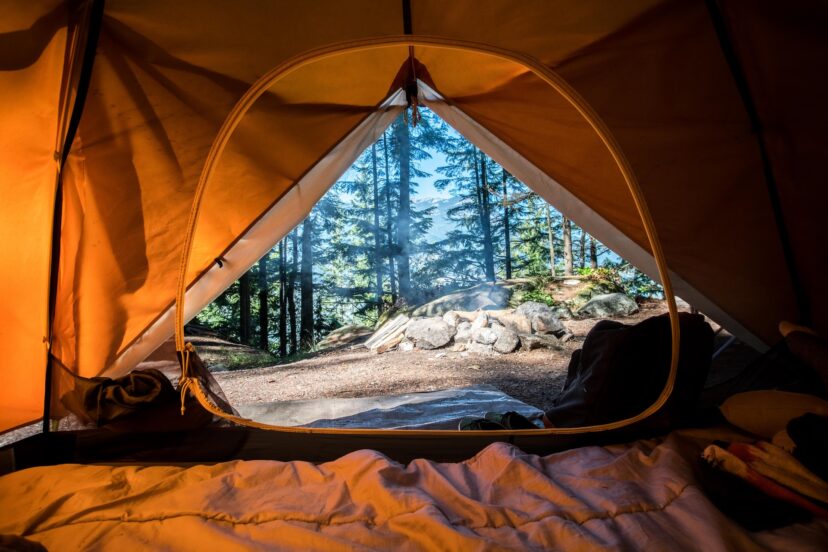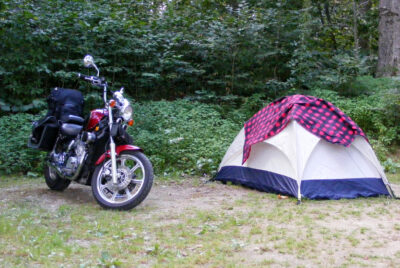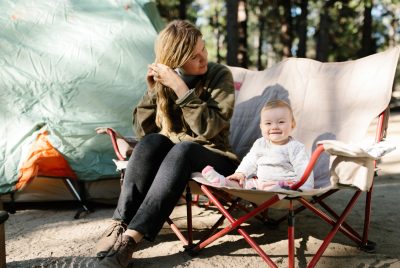Camping Tents- An Essential Guide
As an avid camping enthusiast, I understand the importance of having a reliable and comfortable camping tent. A good camping tent serves as your home away from home, protecting you from the elements and providing a cozy shelter amidst nature’s beauty. In this camping tent guide, I will walk you through the essential aspects of camping tents, helping you choose the right one for your outdoor adventures.
Choosing the Right Camping Tent
When it comes to selecting a camping tent, there are a few key factors to consider. These include the type of camping you’ll be doing, the number of people sharing the tent, the weather conditions you expect to encounter, and your budget. By understanding these factors, you can make an informed decision and ensure a pleasant camping experience.
Types of Camping Tents
Camping tents come in various types, each designed to cater to different camping needs. Some common types include dome tents, cabin tents, backpacking tents, and pop-up tents. Dome tents are popular for their easy setup and versatility, while cabin tents offer spacious interiors. Backpacking tents are lightweight and compact, ideal for hikers, and pop-up tents provide quick and effortless assembly.
Factors to Consider in Tent Selection
When selecting a camping tent, several factors should be taken into account. These factors include tent capacity and size, design and features, materials and durability, and weather resistance. By considering these aspects, you can ensure that your chosen tent meets your specific requirements and withstands the challenges of the great outdoors.
Tent Capacity and Size
The capacity of a camping tent refers to the number of people it can comfortably accommodate. It’s essential to choose a tent with adequate space for all occupants, along with their gear. Additionally, considering the tent’s dimensions and height is crucial to ensure a comfortable experience, especially if you’re tall or prefer extra headroom.
Tent Design and Features
Camping tents come in various designs, including single-wall, double-wall, and convertible. Single-wall tents are lightweight and suitable for fair weather camping, while double-wall tents offer better insulation and weather protection. Convertible tents provide the flexibility of adjusting ventilation based on weather conditions. Additionally, features like vestibules, windows, and storage pockets can enhance your camping experience.
Tent Materials and Durability
The materials used in the construction of camping tents play a vital role in their durability and performance. Common tent materials include nylon, polyester, and canvas. Nylon and polyester tents are lightweight and offer excellent water resistance, while canvas tents excel in durability and breathability. Understanding the pros and cons of each material will help you make an informed decision based on your camping needs.
Weather Resistance and Seasonal Tents
Weather resistance is crucial when choosing a camping tent. Some tents are designed for specific seasons, such as summer or winter. Three-season tents are suitable for spring, summer, and fall, offering a balance between ventilation, protection, and weight. Four-season tents are designed to withstand harsh winter conditions, including heavy snowfall and strong winds. Selecting a tent that matches the expected weather conditions will ensure your comfort and safety.
Setting Up and Taking Down the Tent
Properly setting up and taking down your camping tent is essential for a hassle-free camping experience. Before your trip, familiarize yourself with the tent’s assembly instructions and practice setting it up at home. During camping, choose a suitable campsite, clear the area of any debris, and follow the step-by-step setup process. When taking down the tent, ensure it’s clean and dry before packing it away to prevent mold or mildew growth.
Tent Accessories and Extras
Several accessories and extras can enhance your camping tent experience. These include footprint or groundsheet protectors, which provide an extra layer of insulation and protect the tent’s floor. Rainflys offer additional weather protection, while gear lofts and hanging organizers help you stay organized inside the tent. Additionally, investing in comfortable sleeping pads and sleeping bags tailored to the expected temperature can significantly improve your camping comfort.
Tent Maintenance and Care
To prolong the lifespan of your camping tent, proper maintenance and care are essential. Regularly inspect the tent for any signs of damage, such as tears or broken poles, and repair them promptly. Clean the tent after each use, ensuring all dirt and debris are removed. Avoid storing the tent when it’s damp, as this can lead to mold and mildew growth. Proper care and maintenance will ensure your tent remains in excellent condition for many camping trips to come.
Camping Tent Tips and Tricks
Here are a few additional tips and tricks to enhance your camping tent experience:
- Choose a flat and elevated campsite to prevent water pooling inside the tent.
- Utilize guy lines and stakes to secure your tent in windy conditions.
- Place a welcome mat or tarp outside the tent to prevent dirt from entering.
- Use a seam sealer to reinforce the tent’s seams and improve waterproofing.
- Pack a repair kit with essential items like fabric patches, duct tape, and extra tent stakes.
Conclusion for Camping Tent Guide
Choosing the right camping tent is crucial for a successful and enjoyable outdoor adventure. By considering factors such as tent type, capacity, design, materials, and weather resistance, you can find the perfect tent that meets your needs. Additionally, proper setup, maintenance, and the use of accessories will ensure your tent lasts for years to come, providing you with countless memorable camping experiences.
FAQs
How do I choose the right tent size for my camping trip?
When selecting a tent size, consider the number of people sharing the tent and their gear. It’s advisable to choose a tent with a slightly higher capacity than the actual number of occupants to allow for extra space.
Can I use a three-season tent for winter camping?
While three-season tents are designed for milder weather conditions, they may not provide sufficient insulation and protection against heavy snowfall and strong winds. It’s recommended to use a four-season tent for winter camping.
How often should I clean my camping tent?
It’s best to clean your camping tent after each use. Remove any dirt or debris, and ensure it’s dry before packing it away. Regular cleaning and proper maintenance will prolong the tent’s lifespan.
What should I do if my tent poles break during camping?
If your tent poles break while camping, you can use splints or repair sleeves to temporarily fix them. It’s advisable to carry a tent pole repair kit for such situations and contact the manufacturer for permanent replacements.
Are camping tents waterproof?
Most camping tents come with a waterproof coating or rainfly to provide protection against rain. However, it’s essential to check the tent’s waterproof rating and seams, and use a seam sealer if necessary to enhance its waterproofing capabilities.





Comments are closed.